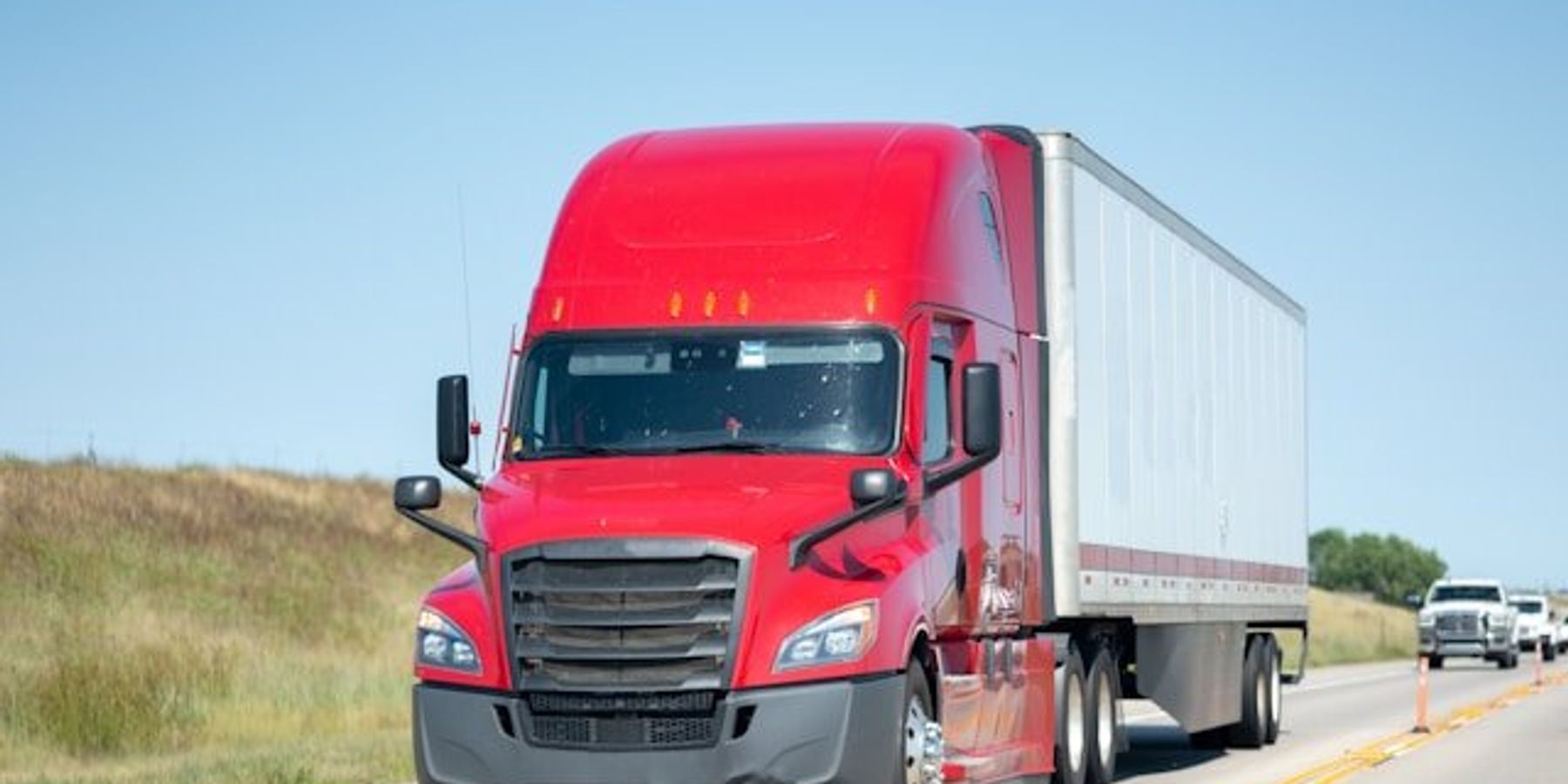
Truck makers challenge California’s authority to enforce stricter pollution rules
Major truck manufacturers are suing California to stop enforcement of its stricter emissions standards, citing federal preemption under laws signed by President Trump in June.
Sharon Udasin reports for The Hill.
In short:
- Daimler Truck, Paccar, Volvo Group North America, and International Motors filed suit against California regulators and Gov. Gavin Newsom, arguing that California’s heavy-duty vehicle emissions rules are now illegal under federal law.
- The lawsuit follows President Trump’s June rollback of Biden-era EPA waivers, which had allowed California to enforce stricter standards under the Clean Air Act; California and ten other states have countersued the administration.
- Truck makers claim conflicting state and federal demands are unworkable and say they were given only two years to meet California’s aggressive targets, which they argue violates the required four-year lead time under federal law.
Key quote:
“Plaintiffs are caught in the crossfire: California demands that OEMs follow preempted laws; the United States maintains such laws are illegal and orders OEMs to disregard them.”
— Truck makers’ legal complaint
Why this matters:
Heavy-duty trucks are among the largest contributors to smog-forming pollution and greenhouse gas emissions in the transportation sector. California has long used its special authority under the Clean Air Act to push stronger standards, helping drive national improvements in air quality and vehicle technology. The conflict now playing out pits state-level innovation and public health protections against a federal rollback that threatens to slow progress on zero-emissions transportation. If California’s rules are blocked, it could delay the adoption of electric trucks and weaken efforts to reduce pollutants linked to asthma, heart disease, and climate change — especially in communities near ports, highways, and freight corridors already burdened by diesel exhaust.
Read more: California races to protect clean air rules after Trump rolls back emission waivers













